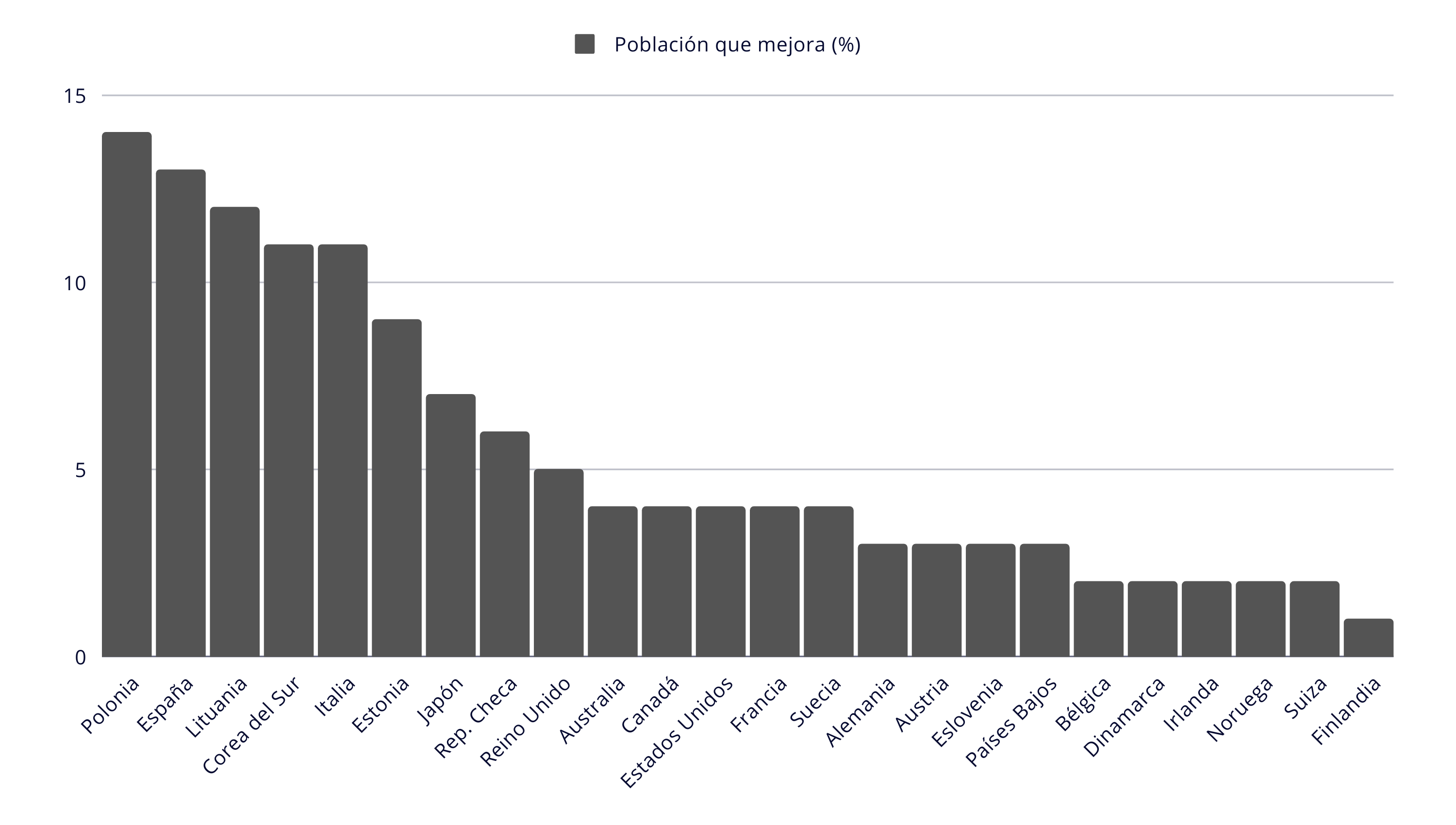If I ever want to feel better I just search “Nickel” and “Indonesia” online and see the massive amounts of cope from the West and the snarky responses the Indonesian government made towards the IMF and WTO.
Case in point: Indonesia's Nickel Supremacy: China's Backing and Australia's Decline
NOOOOOO you shouldn’t move away from primary raw commodity exports, you are our best mining colony!!!

Pardon the long response, but you ask a good question that must be answered to actually understand Indonesian affairs.
To put it simply, understanding Southeast Asian relations with China requires understanding and knowing history.
It is incredibly short-sighted to restrict yourself to the Cold War period when generations of Southeast Asians have grown with learning about hundreds and thousands of years of their history, which is reflected in government officials speeches.
The first error is thus mistakenly viewing Indonesian history to something akin to US history, that of consisting only about 3 centuries of overwhelming violence and occupation. Although a unified Indonesia with it’s modern-day borders is obviously quite a recent and colonial invention, the actual people on the ground was born into a civilisation that predates the nation-state for millennia. There have been chinese settlers in Southeast Asia for about a millenium ( hat we know of), and Southeast Asia was part of vast trade networks that stretched across the entire Indian Ocean for as long as it existed. Indonesian foreign policy is guided by such history, both good and bad, and it’s reflected in the idiosyncrasies and contradictions you find today.
How we conducted trade, how we syncretised indigenous beliefs with Hinduism, Buddhism and Islam, how we socially organised ourselves, how we managed to sustain cultural diversity, how we interacted with China and India, are all woven into the social fabric of our societies. Colonialism was and continues to be awful - there are many glaring issues at hand, but just like how you can’t talk about India without understanding 4000 years of the caste system, you can’t talk about (maritime) Southeast Asia without also learning it’s history and peculiarities.
The second error is to say that after the 1965-66 mass killings Communism or any trace of socialism was wiped from Indonesian culture. We both know that isn’t possible. Dialectics tell us things continue to change and progress forward, it never remains static or goes backwards.
This can be seen from the simple fact that Indonesia is a republic - something that Malaysia and Brunei never achieved. This was directly because of the anti-colonial movements that violently retaliated against the collabarator feudal classes. Aspects of that revolutionary culture continue to live on, that even the “New Order” could never properly dislodge, like Non-Alignment, or self-guided industrialisation.
To quote an article I shared before,
The third and final error is to project the specific forms of colonialism and capitalism found in the peripheral regions of Africa, West Asia and Latin America, onto Southeast Asia. There are aspects of capitalist dependency you can find in SEA, like in the Philippines, but Indonesia’s unique history meant that it was always able to chart it’s own waters.
The nature of the colonial-capitalism found in Indonesia, coupled by the aforementioned socialist movements that sought to reform the material conditions, lead them to pursue a much more independent path to modernization, riddled with it’s own contradictions.
This isn’t necessarily peculiar to Indonesia either, Malaysia also has quite a similar history. Vehemently anti-communist and yet one of the most pro-China member-states of ASEAN, even more-so than Indonesia.
This (seemingly) apparent contradiction has been utilised by many internal political factions for their own gain.
In the end, the masses are a practical bunch and they will never fall into the ideological dogmatism of individuals. If you have a neighbour that was in a similar spot as you, homeless, but now not only owns a house with the mortgage fully paid but also being completely renovated and offering you tips on how to be in the same spot as him - would you refuse?
The ruling class may have its ideologies, but they know their rule is supported in part by maintaining some legitimacy from the masses. And when the masses see their neighbour installing efficient 40% solar panels on their green roofs while theirs is falling apart leaking water into the attic, something must change.
Truth can only be suppressed. Never eliminated.